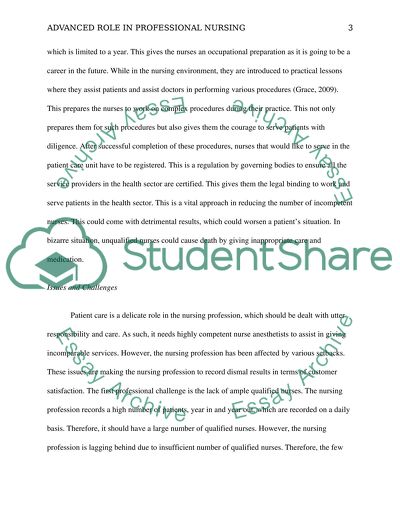Cite this document
(“Nursing Capstone: An Analysis of an Advanced Role in Professional Essay - 4”, n.d.)
Retrieved from https://studentshare.org/nursing/1612687-nursing-capstone-an-analysis-of-an-advanced-role-in-professional-nursing-nurse-anesthetist
Retrieved from https://studentshare.org/nursing/1612687-nursing-capstone-an-analysis-of-an-advanced-role-in-professional-nursing-nurse-anesthetist
(Nursing Capstone: An Analysis of an Advanced Role in Professional Essay - 4)
https://studentshare.org/nursing/1612687-nursing-capstone-an-analysis-of-an-advanced-role-in-professional-nursing-nurse-anesthetist.
https://studentshare.org/nursing/1612687-nursing-capstone-an-analysis-of-an-advanced-role-in-professional-nursing-nurse-anesthetist.
“Nursing Capstone: An Analysis of an Advanced Role in Professional Essay - 4”, n.d. https://studentshare.org/nursing/1612687-nursing-capstone-an-analysis-of-an-advanced-role-in-professional-nursing-nurse-anesthetist.


